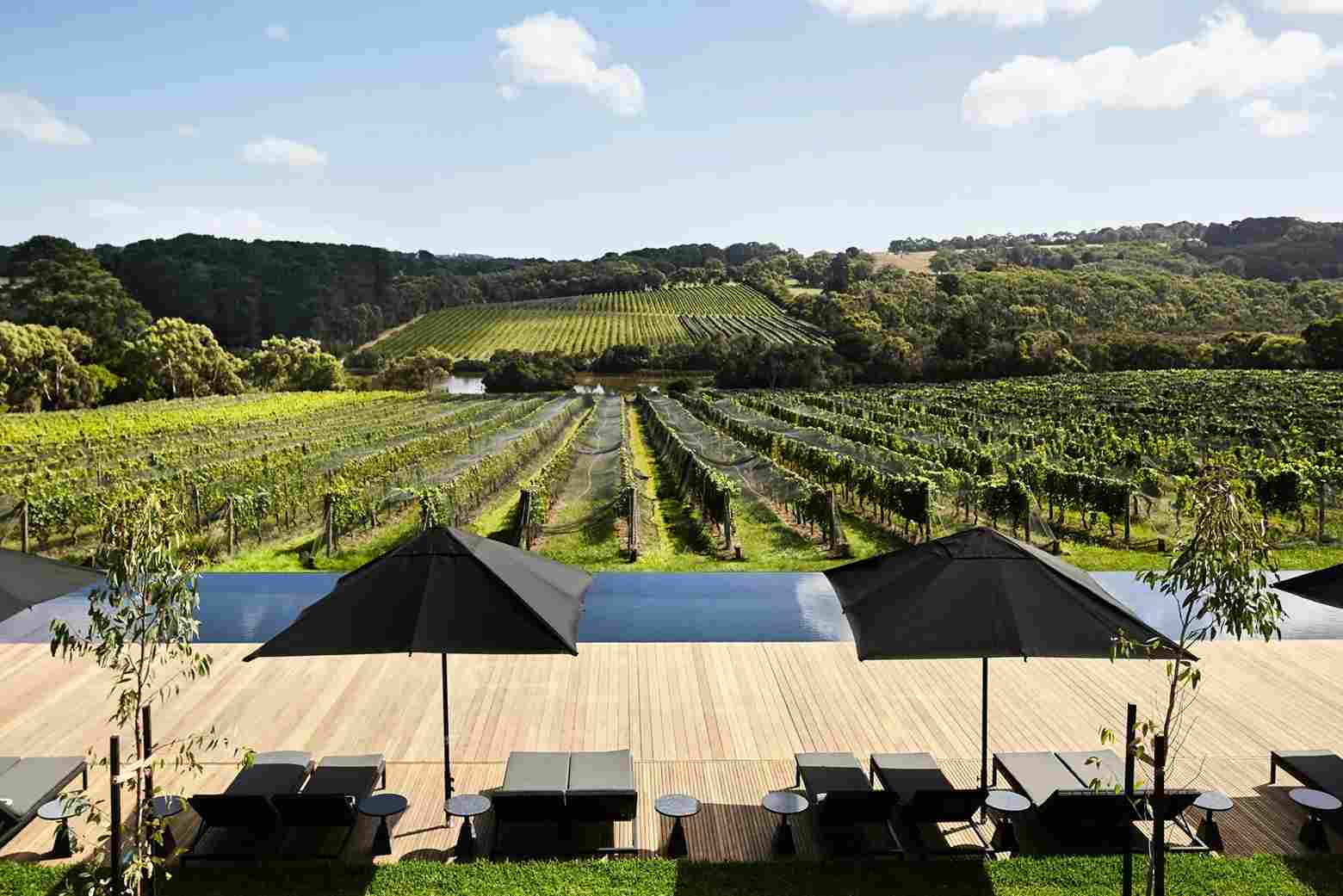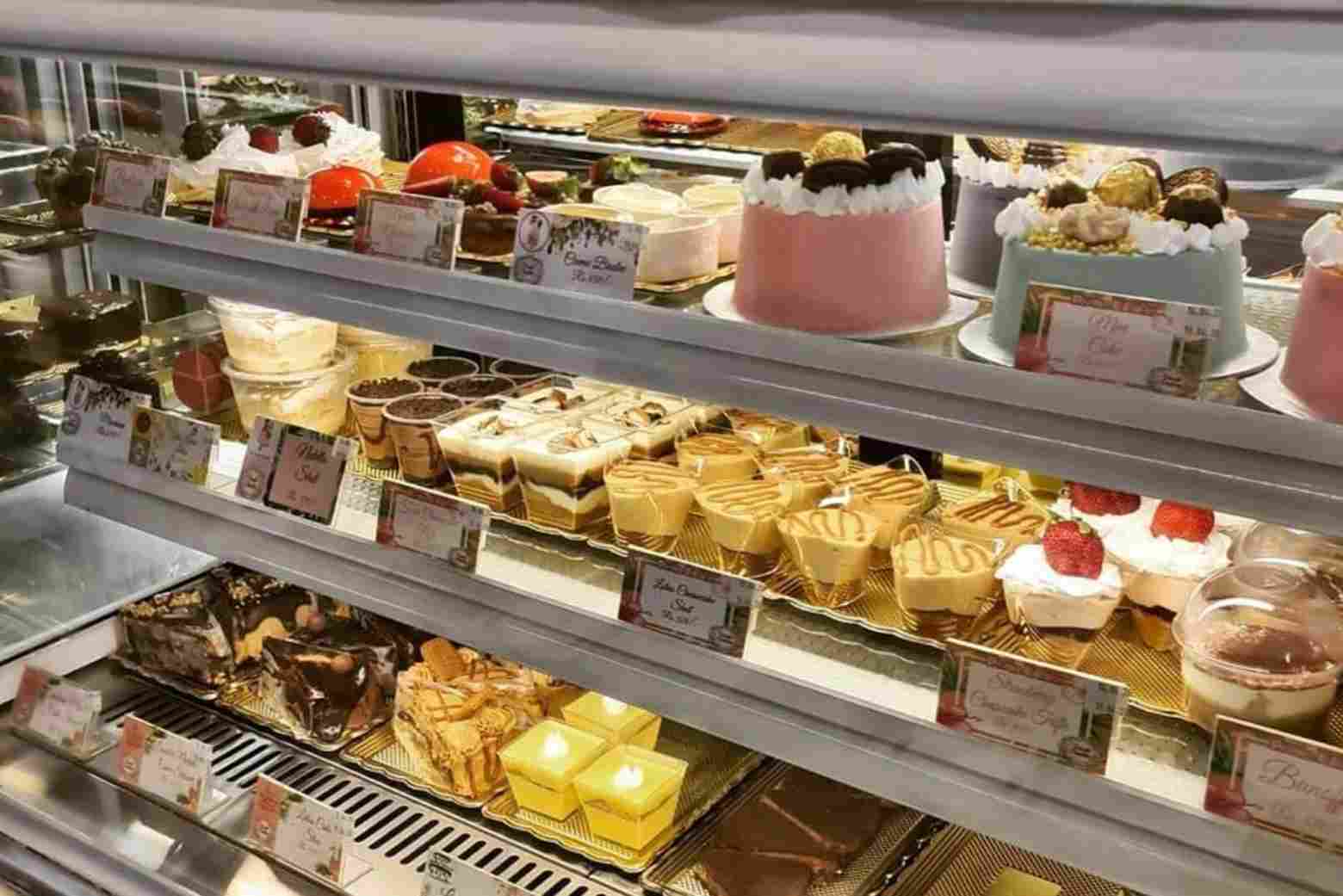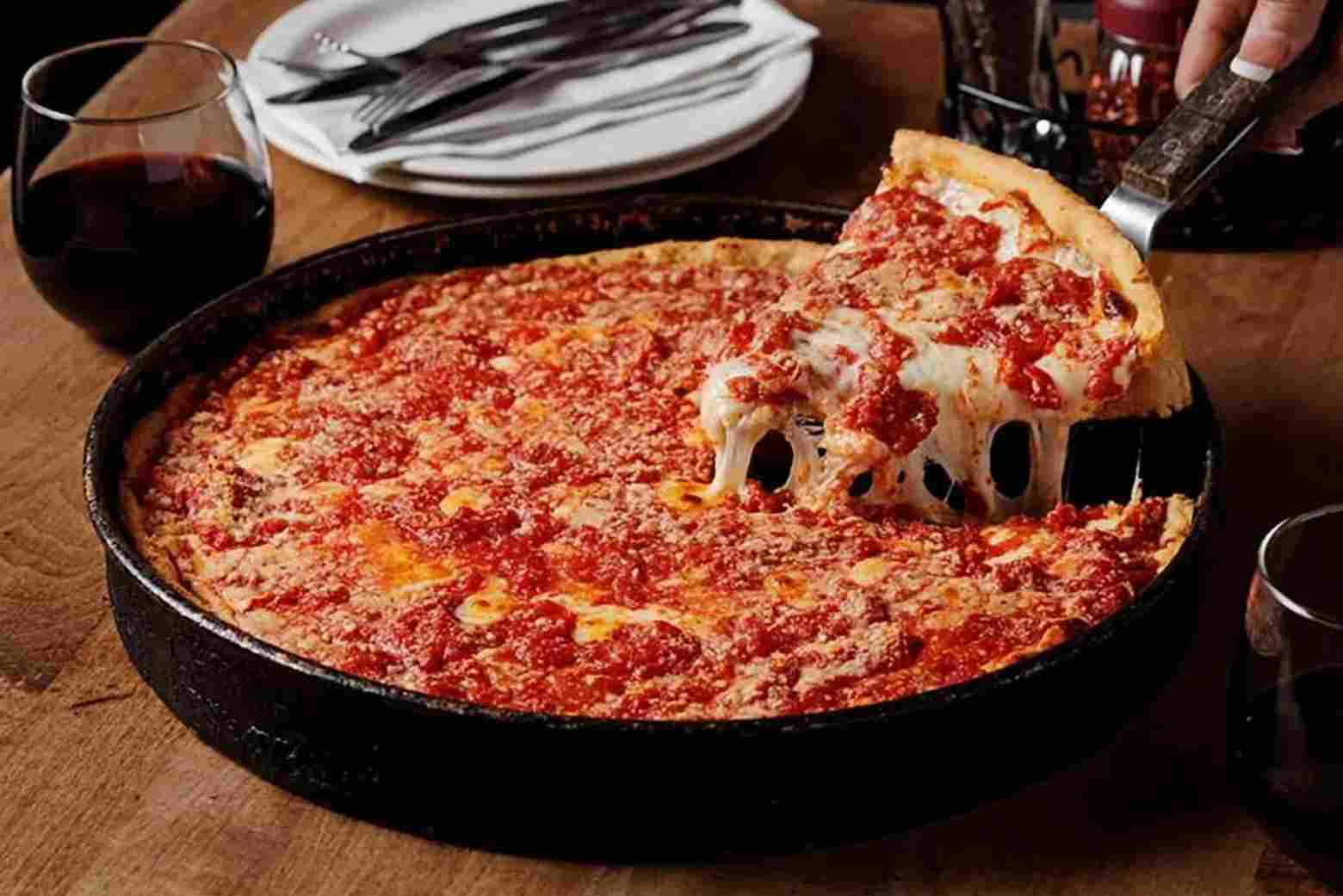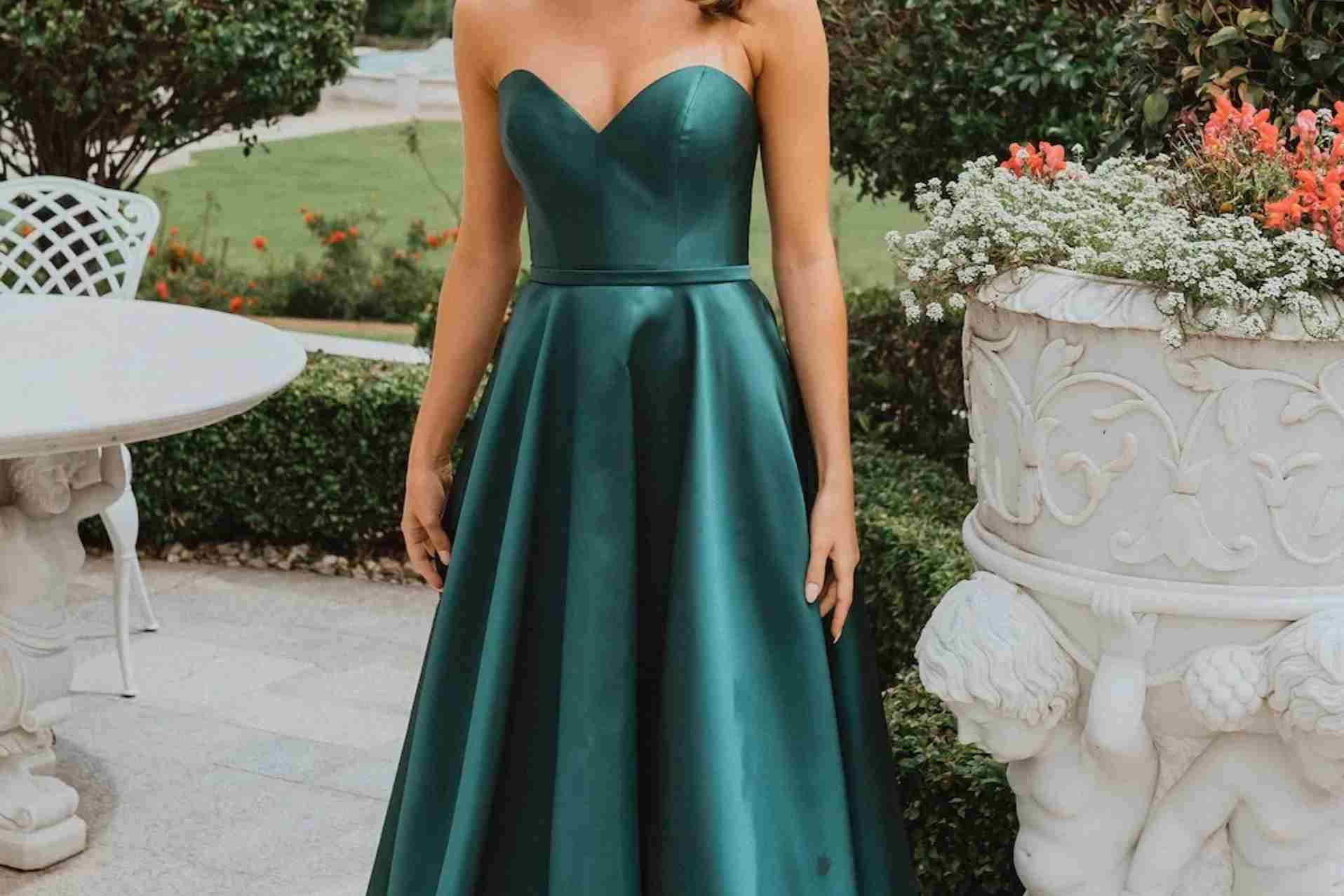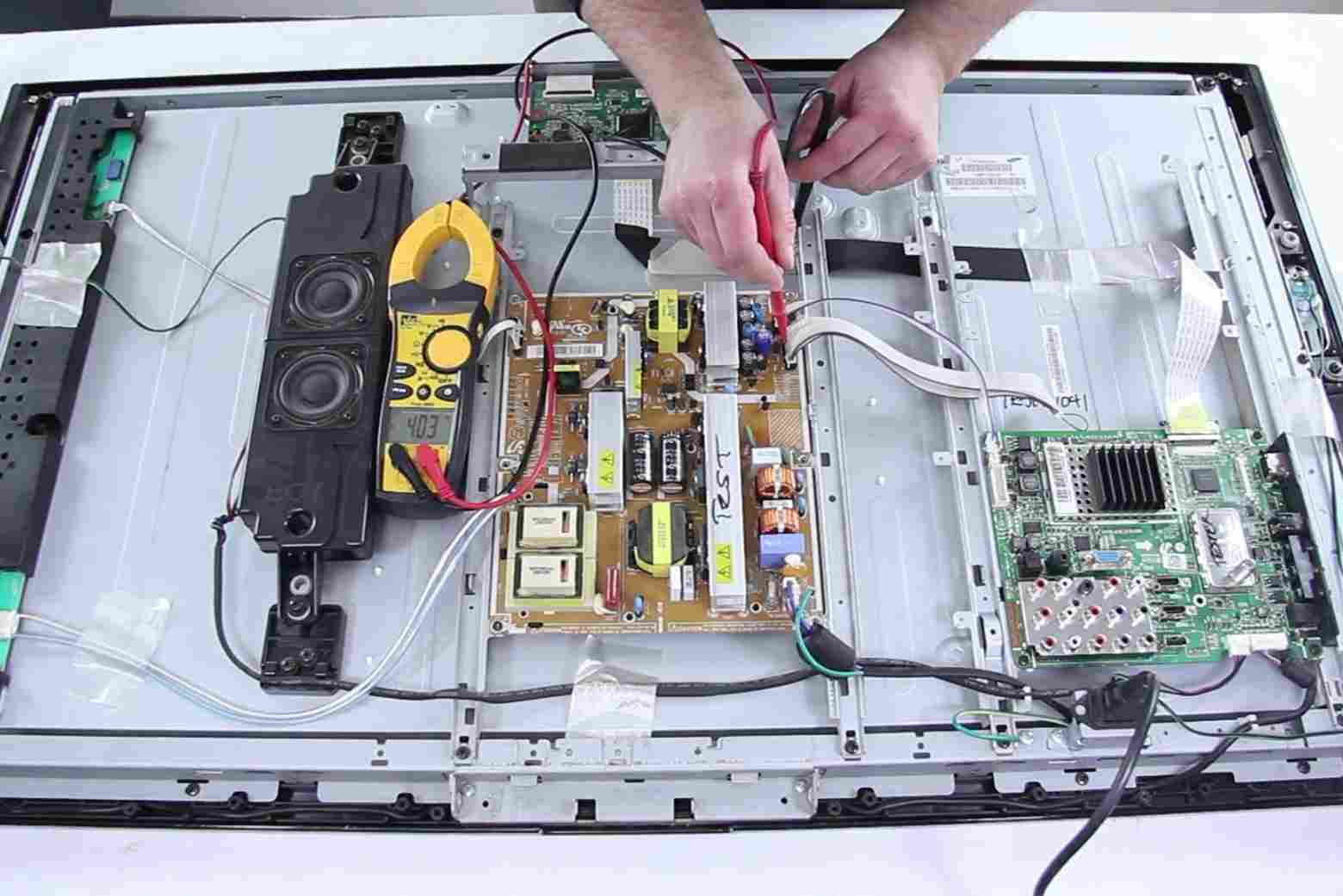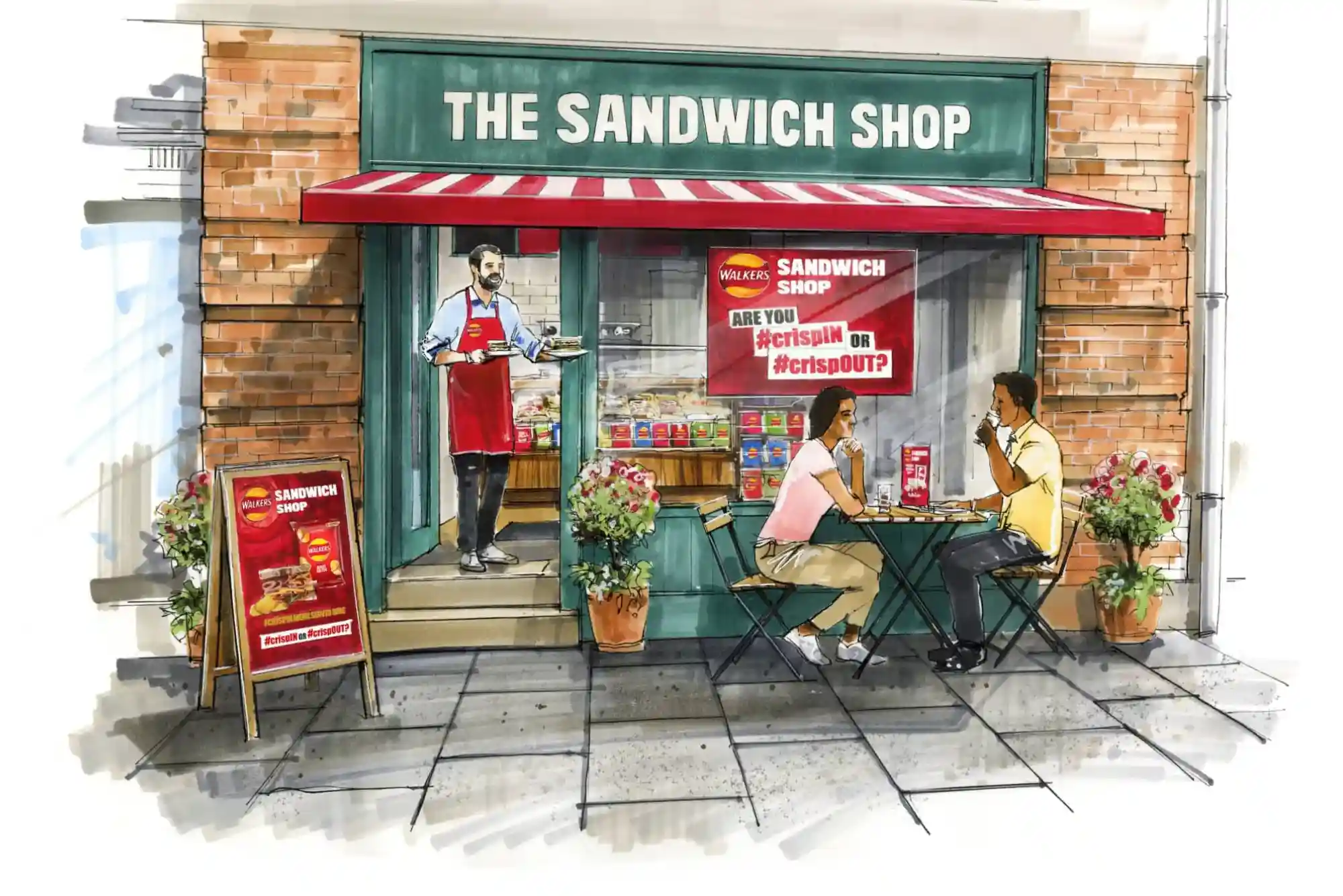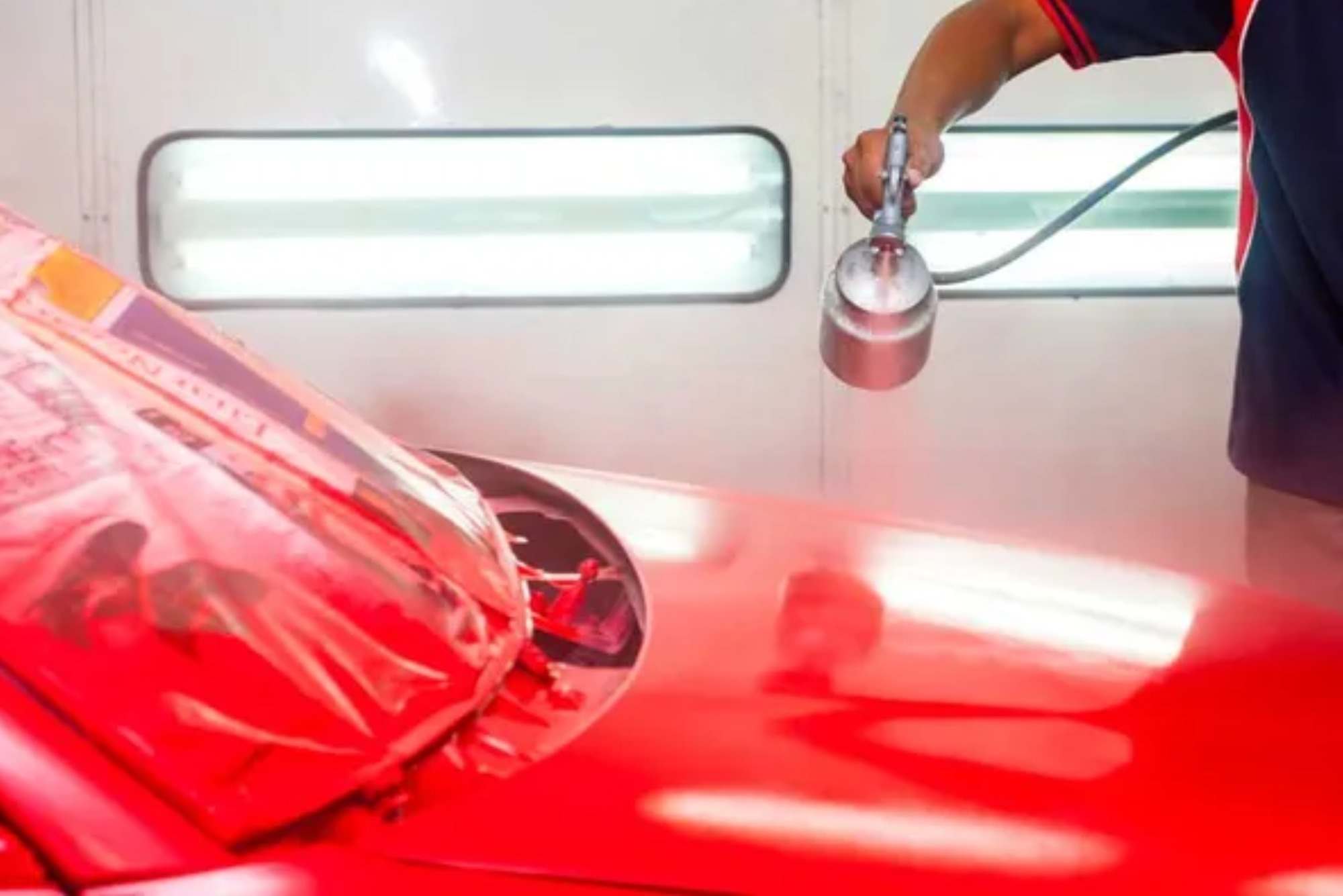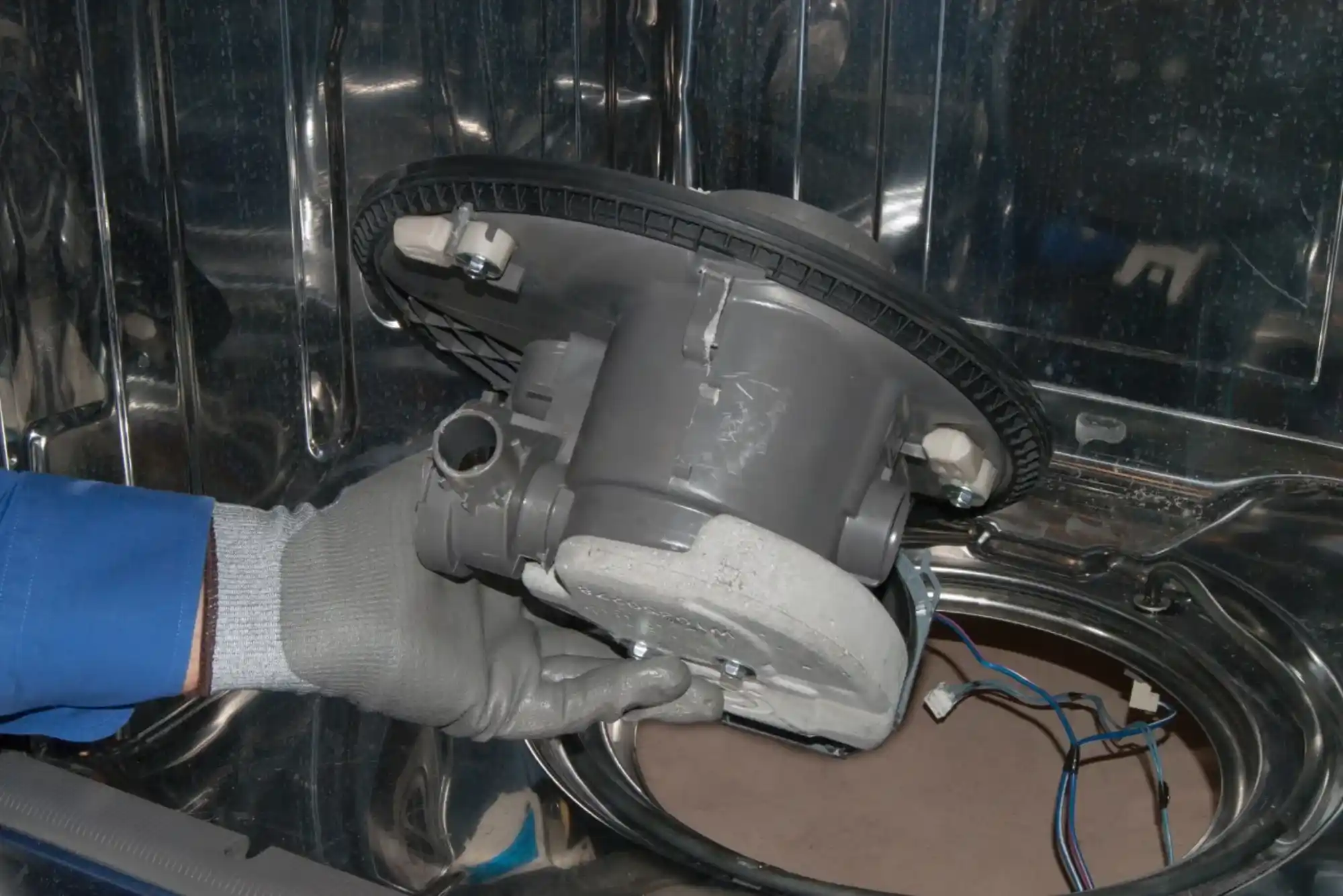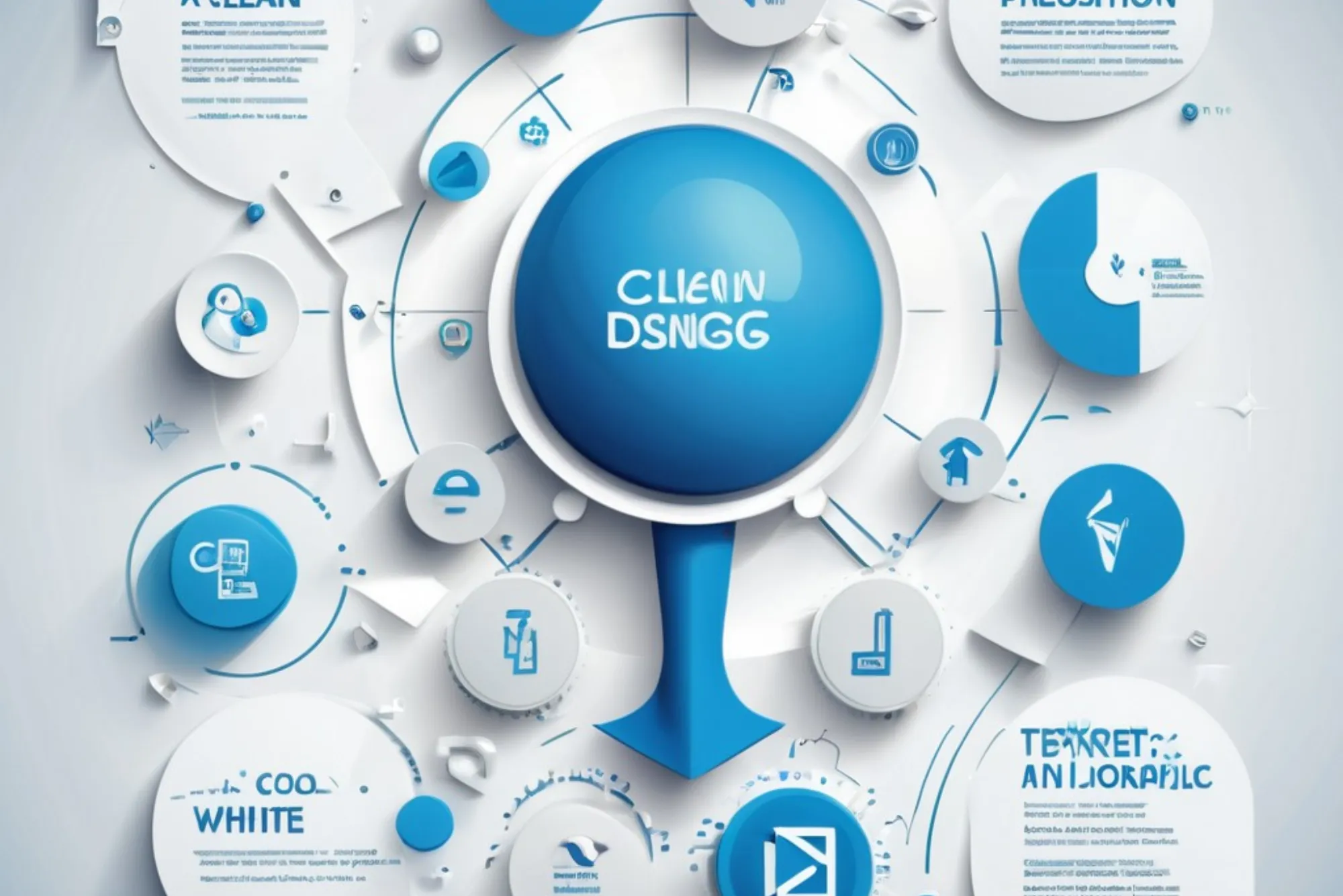In today’s competitive market, packaging plays a critical role in how consumers perceive a product. For soap manufacturers and home-based soap brands, choosing the right material for Custom Soap Boxes UK is more than just about aesthetics. It’s about sustainability, durability, brand identity, and functionality. In the United Kingdom, eco-conscious buyers and premium brand standards make the choice of packaging material even more significant.
Whether you run a luxury skincare company or a handmade organic soap brand, the right custom box not only protects your product but also elevates your brand. In this article, we explore the best materials for creating effective and attractive soap boxes, while offering solutions for common packaging challenges.
Why Material Matters in Soap Packaging
Choosing the right material for your soap packaging is crucial. Not only does it affect the first impression of your brand, but it also plays a key role in product protection, eco-friendliness, and compliance with UK environmental standards. The material directly impacts:
-
Your packaging’s resistance to moisture and external damage
-
How sustainable and recyclable your packaging is
-
The visual appeal and print compatibility
-
Cost and availability for bulk production
As the demand for Custom Soap Boxes UK grows, so does the need for selecting suitable materials that align with consumer expectations.
Common Packaging Issues and How to Solve Them
Many soap businesses face issues like packaging breakage, soggy boxes due to moisture, or an unappealing presentation. Below are common challenges and how to address them:
Moisture Damage
Soaps naturally release moisture or oils. When your packaging material is not moisture-resistant, it can warp, tear, or become greasy. Using coated cardboard or lamination helps avoid this issue.
Environmental Impact
Consumers today are increasingly eco-conscious. Plastic wraps or non-recyclable materials are being replaced by kraft paper, corrugated cardboard, or biodegradable options. By using Custom Soap Boxes UK from eco-friendly suppliers, brands can improve customer trust.
Branding Limitations
Some low-cost packaging materials limit customization options. For example, thin paperboard may not handle high-quality printing or embossing well. Choosing premium cardboard or rigid board enhances printing quality and brand visibility.
Top Materials Used for Custom Soap Boxes in the UK
Now, let’s explore the best materials being used across the UK market for custom soap packaging.
Kraft Paper
Kraft paper is one of the most popular and eco-friendly options for soap packaging. It is biodegradable, recyclable, and gives a rustic, organic appearance, perfect for handmade or organic soaps.
Benefits:
-
100% recyclable and compostable
-
Suitable for minimalist branding
-
Gives a natural, earthy aesthetic
Use Case:
Perfect for small soap brands aiming for eco-conscious and artisanal branding.
Corrugated Cardboard
Corrugated cardboard offers excellent durability and cushioning, especially ideal for shipping soap in bulk.
Benefits:
-
Provides structural integrity during transit
-
Multiple layers offer additional protection
-
Can be printed or laminated
Use Case:
Ideal for soap subscription boxes or wholesale packaging.
Cardstock (Folding Carton Board)
A versatile and commonly used material, cardstock is lightweight yet sturdy. It supports high-quality printing and finishes.
Benefits:
-
Smooth surface ideal for branding and design
-
Cost-effective for mass production
-
Easily cut and folded into various box shapes
Use Case:
Great for retail display soaps with high branding appeal.
Rigid Box Material
Rigid boxes are known for their luxurious feel and premium finish. These are heavier, thicker boxes used mostly for gifting purposes.
Benefits:
-
High-end appeal
-
Strong structure protects soap integrity
-
Suitable for embossing, foiling, and lamination
Use Case:
Perfect for luxury soap brands or festive gift packaging.
Biodegradable and Compostable Alternatives
Innovative biodegradable packaging made from mushroom fiber, sugarcane, or recycled cotton is emerging in the Custom Soap Boxes UK market.
Benefits:
-
Minimal carbon footprint
-
Aligns with zero-waste business models
-
Consumer-friendly and sustainable
Use Case:
Ideal for niche eco-brands or vegan soap companies focused on sustainability.
Key Features to Look For in Custom Soap Box Materials
When selecting packaging materials, it’s important to consider both your brand’s values and the product’s needs.
Print Compatibility
The surface should allow for various Printing techniques like offset, digital, UV, or screen printing for impactful branding.
Structural Integrity
Your packaging must hold its shape and withstand minor impacts during shipping and handling.
Customization Options
The material should support features like die-cuts, windows, handles, embossing, foil stamping, or lamination.
Eco-Certification
Look for materials certified by FSC (Forest Stewardship Council) or that meet UK recycling standards.
Affordability
Choose a material that fits your budget while maintaining quality, especially for small businesses scaling operations.
Sustainable Packaging Trends in the UK
As sustainability becomes a driving force in consumer choices, the UK packaging industry is rapidly adapting. According to industry reports, more than 60% of UK consumers prefer brands that use sustainable packaging.
Innovative companies like Buddy Packaging are leading the way by offering Custom Soap Boxes UK made from recyclable and biodegradable materials, helping businesses transition to green packaging solutions.
How to Choose the Right Material for Your Soap Brand
Here’s a simple decision framework to help you choose the best material:
-
Identify Your Brand Image – Is it minimalist, luxurious, eco-conscious, or vibrant?
-
Understand Your Market – Are you shipping, selling online, or displaying in retail stores?
-
Decide on Custom Features – Do you need windows, magnetic closures, or embossing?
-
Match Material With Soap Type – Some materials handle moisture better than others.
-
Consider Your Budget – Some materials are more affordable for bulk orders.
Always request samples from your packaging supplier and test with your actual product before finalizing.
People Also Ask
What is the best packaging material for handmade soap?
Kraft paper or corrugated cardboard is best for handmade soaps due to their eco-friendliness and rustic appeal.
Are custom soap boxes recyclable?
Yes, especially if made from kraft, cardboard, or FSC-certified materials. Avoid plastic coatings for recyclability.
Where can I get Custom Soap Boxes UK with eco-friendly options?
You can order eco-friendly Custom Soap Boxes UK from reliable suppliers like Buddy Packaging.
Can I print logos and designs on custom soap boxes?
Absolutely. Materials like cardstock, kraft, and rigid boxes are excellent for printing custom designs, logos, and branding elements.
Why Choose Buddy Packaging for Custom Soap Boxes UK
When it comes to reliability, innovation, and eco-conscious solutions, Buddy Packaging is a go-to name in the UK. They offer:
-
A wide range of materials for custom soap packaging
-
Eco-friendly and sustainable solutions
-
Full customization with high-quality printing
-
Competitive pricing for bulk orders
-
Fast turnaround and UK-based support
By working with a trusted supplier, you ensure your soap boxes not only protect your product but also represent your brand effectively.
Final Thoughts
In the evolving landscape of retail and e-commerce, your soap box is more than just packaging—it’s your brand’s first handshake with the customer. From eco-conscious kraft paper to luxurious rigid boxes, the material you choose directly impacts your product’s appeal, safety, and marketability.
Choosing the right Custom Soap Boxes UK solution means balancing cost, functionality, sustainability, and design. With suppliers like Buddy Packaging, UK brands can access an array of customizable, eco-friendly materials to enhance their brand identity and customer experience.
Whether you’re just starting your soap business or scaling up, invest time in selecting the best packaging material—it will pay off in customer loyalty and brand recognition.




